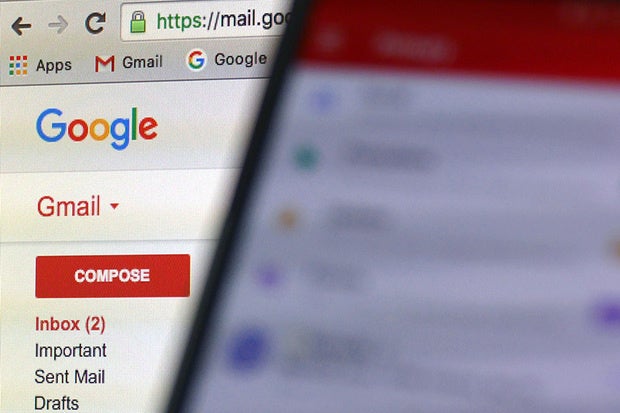Starting Feb. 13, Google will no longer allow JavaScript attachments on its Gmail service, killing one of the main methods of malware distribution over the past two years.
Users will no longer be able to attach .JS files to emails in Gmail, regardless of whether they attach them directly or they include them in archives like .gz, .bz2, .zip or .tgz. For those rare cases when such files need to be shared via email, users can upload them to a storage service like Google Drive and then share the link.
The .JS file extension will be added an existing list of other banned file attachments that includes: .ADE, .ADP, .BAT, .CHM, .CMD, .COM, .CPL, .EXE, .HTA, .INS, .ISP, .JAR, .JSE, .LIB, .LNK, .MDE, .MSC, .MSP, .MST, .PIF, .SCR, .SCT, .SHB, .SYS, .VB, .VBE, .VBS, .VXD, .WSC, .WSF and .WSH. Most of these file types have long been abused by cybercriminals to send malware via email.
To read this article in full or to leave a comment, please click here





